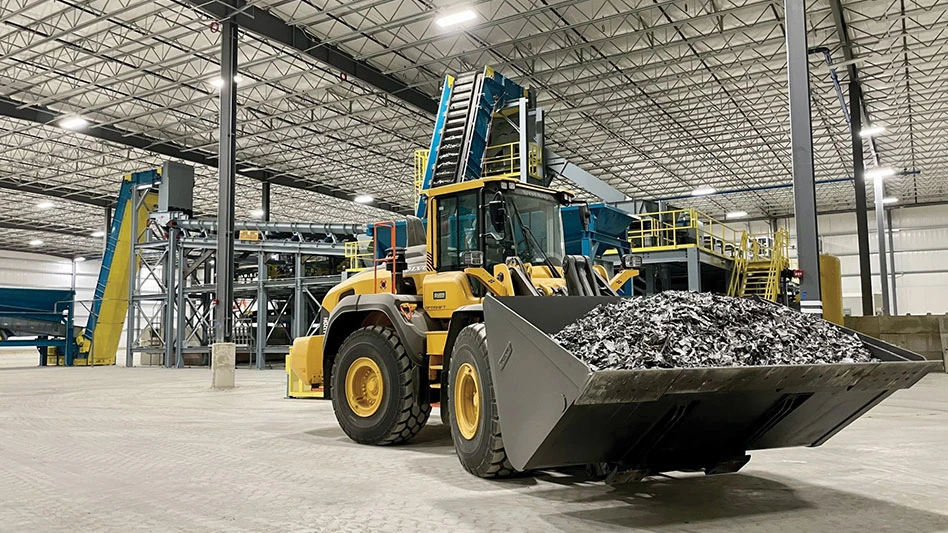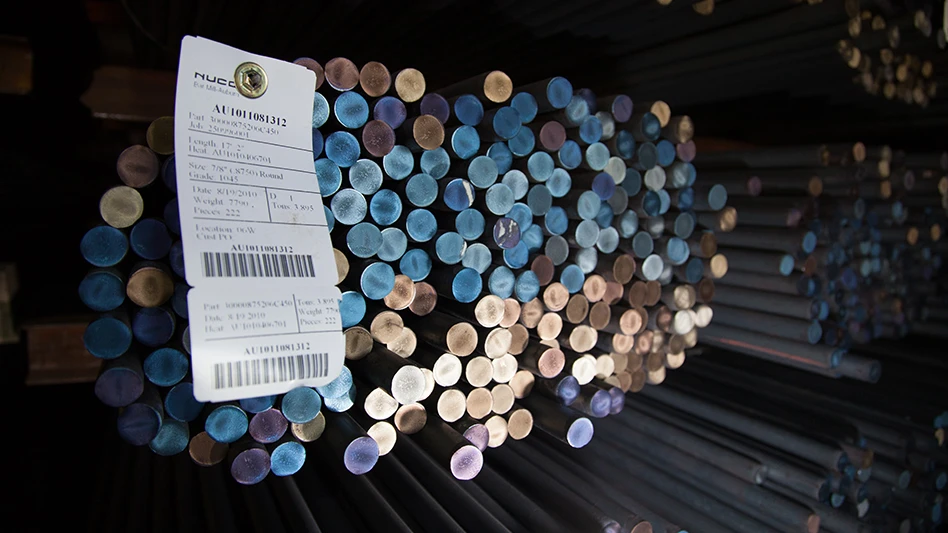

In a mid-January opinion piece in the New York Post titled “The costly stupidity of the recycling religion,” John Stossel mentions the New York Times Magazine story, “Recycling Is Garbage,” that science writer John Tierney wrote in 1996, noting it set a Times record for hate mail. “But what he wrote was true,” he adds.
Stossel says Tierney told him, “It’s even more true today,” adding, “Recycling is an industry that uses increasingly expensive labor to produce materials that are worth less and less.”
I know some people who would take issue with this statement as well as with how Tierney and Stossel overlook the wider benefits of recycling. They also fail to recognize the growing role automation is playing in today’s recycling industry.
While recycling generally is more expensive than landfilling, its value goes beyond that initial expense. Perhaps we should be charging more to landfill material that could instead be recovered as raw material or energy. According to Science Advances, landfills are the third-largest source of methane emissions globally, the most potent of the greenhouse gases.
Plastic recycling in particular gets Stossel’s dander up, but so do proposed plastic bans, with Stossel writing, “That’s just silly. Plastic is useful. Using it often creates fewer emissions than its alternatives.”
At least that is a point we can agree on.
Stossel does acknowledge that recycling paper or cardboard saves trees and recycling aluminum saves energy. “But that’s about it,” he writes.
Tierney tells Stossel that recycling fails in part because it is complicated and “people never learn the rules.”
While their criticisms are focused on curbside recycling, one wonders how they view the wider recycling industry, which, according to the Institute of Scrap Recycling Industries’ 2021 Economic Impact Study, includes contributing nearly $117 billion to the U.S. economy, supporting more than 506,000 well-paying jobs, $35.7 billion in export-related economic impact and 130 million metric tons of valuable commodities processed annually.
ISRI says the U.S. recycling industry supports nearly 20,250 manufacturing jobs and provides an economic impact of $9.8 billion to the manufacturing sector annually.
Yes, recycling is at times complicated, particularly when end of life is not considered in a product’s design. But things worth doing often are.

Explore the March 2023 Issue
Check out more from this issue and find your next story to read.
Latest from Recycling Today
- Enviri names new president of Harsco Environmental business
- Survey outlines ‘monumental challenge’ of plastic packaging collection in UK
- Nippon Steel acknowledges delay in US Steel acquisition attempt
- BASF collaborates to study mechanical plastic recycling
- Commentary: navigating shipping regulations for end-of-life and damaged batteries
- Haber raises $44M to expand to North America
- Canada Plastics Pact releases 2023-24 Impact Report
- Reconomy brands receive platinum ratings from EcoVadis





